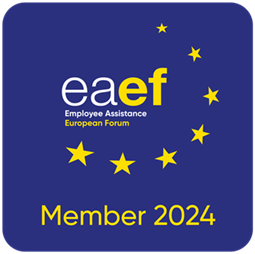What is an EAP
Employee Assistance Programs (EAPs) are invaluable resources for companies of all sizes. EAPs provide workers with access to confidential counselling and support services, as well as a range of other benefits that can help improve workplace morale and performance.
Organizations that offer EAPs demonstrate their commitment to employee wellbeing. They send a message that they understand the importance of looking after their staff, and are willing to invest in providing necessary resources.
The benefits of EAPs are far-reaching, including improved employee engagement and productivity, reduced absenteeism and turnover rates, better physical and mental health outcomes for employees, as well as enhanced workplace culture. EAPs can also help employers address issues such as stress and workplace disputes, which can lead to improved morale and better overall performance.
In addition to these tangible benefits, EAPs allow employers to demonstrate that they are invested in the wellbeing of their staff. This kind of support helps ensure a positive work environment, encourages employees to stay with the organization, and attracts top talent to the company.
Overall, EAPs are an invaluable resource for companies of all sizes. They provide a range of benefits that can help improve performance and workplace morale, while also demonstrating an organization’s commitment to employee wellbeing. Investing in an EAP is sure to have positive long-term rewards for any business.
**Disclaimers: Content is for general information purposes only and does not constitute professional advice. It is the responsibility of each individual reader to evaluate and verify the accuracy, completeness, and usefulness of the provided content. The author makes no representations as to the accuracy, completeness, suitability or validity of any information on this article and will not be liable for any errors, omissions, or delays in this information or any losses, injuries, or damages arising from its display or use. All information is provided on an as-is basis.**



